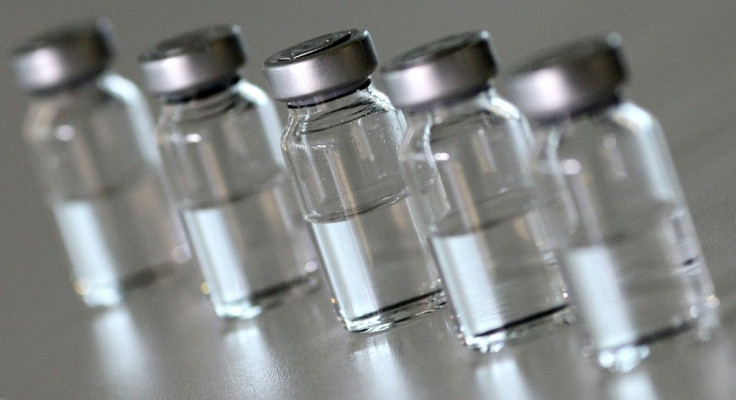How Long Does The COVID Vaccine Protect Against The Virus?
Moderna is clearing up the confusion as to how long its COVID vaccine will protect those that are inoculated with the shot.
CEO Stephane Bancel said on Thursday that its COVID-19 mRNA vaccine is likely to offer protection against the coronavirus for a couple of years, Reuters reported.
The COVID vaccine has begun rolling out through the Centers for Disease Control and Prevention’s (CDC) phased-in approach program. To date, 5.9 million Americans have received doses of the vaccine.
While the vaccine is expected to protect individuals for a couple of years, Bancel said an exact assessment of the vaccine’s longevity will be made as more data is collected.
But Bancel maintained at an event organized by Oddo BHF, a financial services group, that “the nightmare scenario that was described in the media in the spring with a vaccine only working a month or two is, I think, out of the window.”
Bancel continued, “The antibody decay generated by the vaccine in humans goes down very slowly... We believe there will be protection potentially for a couple of years.”
Concerns have also arisen about the vaccine’s effectiveness against new strains of the virus that have cropped up in the U.K. and South Africa, along with several areas of the U.S. Bancel also said at the Oddo BHF event that Moderna was about to prove that its COVID vaccine was effective against these mutations.
On Thursday, Pfizer announced that early studies showed its vaccination for COVID-19 was effective against the new strains.
Both the Moderna and Pfizer-BioNTech vaccines require two doses to receive maximum effectiveness of the drug. The second dose of Moderna’s vaccine is administered 28 days apart from the first, and the Pfizer-BioNTech vaccine’s second dose is provided 21 days from the first dose.
Both pharmaceutical companies have said that their COVID vaccines have up to 95% efficacy.
Pfizer-BioNTech has not said how long its COVID-19 vaccine protects against the virus.

© Copyright IBTimes 2025. All rights reserved.





















